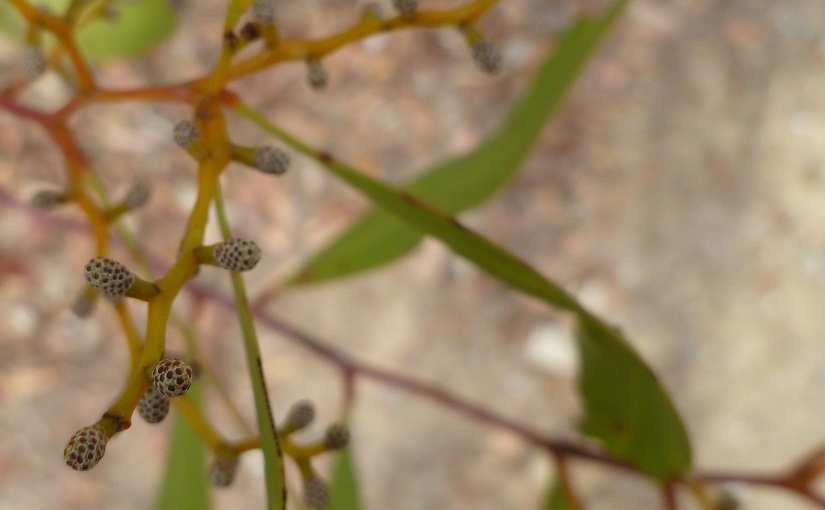So much in the world is “alive” – possessing these characteristics of growth, sensitivity, responsiveness to environment that we parcel together under the notion of something being, in some way, involved with the processes of life on earth.
It’s incredible, really, that matter can be alive: animated in this way, able to feel the world around, equipped to respond productively and, often, intelligently within the vast, uncoordinated spaces of this planet (Notes One). Physics, biology and science in general can seem cold, calculated, detached and devoid of feeling, but when you really bring it to life there’s clearly beauty, poetry and wisdom to the overall effect it produces.
Maybe it’s “natural” we take this as a given and work from there? Sitting around in awe at the mysterious interrelationships of nature and valuable resources it places at our disposal perhaps wouldn’t get us that far; hence why Western society drew a line under such musings and shifted over to the more practical applications we now see all around us (Notes Two).
Clearly, we moved on. Drifting away from a previously close relationship with nature to live within increasingly urban environments where that world’s becoming a remote, luxurious commodity. It’s almost entirely out of view, unless it’s wheeled in as some sort of window-dressing or in response to outcry at its loss.
The sense of nature being a necessary part of life – a fundamental relationship we should keep in mind, tend, nurture, treasure and preserve – is seeming increasingly rare. More often, it’s repackaged as a lifestyle choice or held up as a cause for activism. And surely it’s right we cry out in its defence? (Note Three)
Most people seem to really value nature. Not just in the abstract, conceptual sense of “it being the foundation of life”, but because we care. We often truly love our pets, gardens, local parks and landscapes. Signs of the seasons are the stuff of life: annual traditions of foraging, noticing the first flowers of spring, and so forth. As beings who are alive ourselves, we perhaps feel deep affinity with the life in nature?
Is it that we’re simply humans living within slightly inhuman systems, trying to find space for our heart to be heard? That we care deeply and believe we’re doing the right things by recycling or supporting local industry, unaware of these other forces at play turning our good intentions into this other picture of the widespread exploitation of natural environments. Do we truly know and agree to what we’re a part of?
Because, really, society grew up around us. From fairly sustainable systems of agriculture, trade and genuine need, we drifted into this completely different world of consumption, waste and endless want. Somewhat idealistically, I’d imagine most people “want” to be living in greater harmony with nature; that we genuinely care for natural diversity and suffering. In reality, though, our lifestyle seems so much more detached (Notes Four).
Can we afford not to fully understand the world we’re all part of?
Notes and References:
Note 1: Some thoughts about “life”
Note 1: Nature tells a story, about the planet
Note 2: “Small is Beautiful”
Note 2: Intrinsic value of nature
Note 2: David Bohm, thoughts on life
Note 2: Right to look out for ourselves?
Note 3: Would we be right to insist?
Note 3: Nature speaks in many ways, do we listen?
Note 4: Detaching from the world around us
Note 4: Does anything exist in isolation?
The essence of all this is perhaps what I was trying to express way back in Living the dream.

